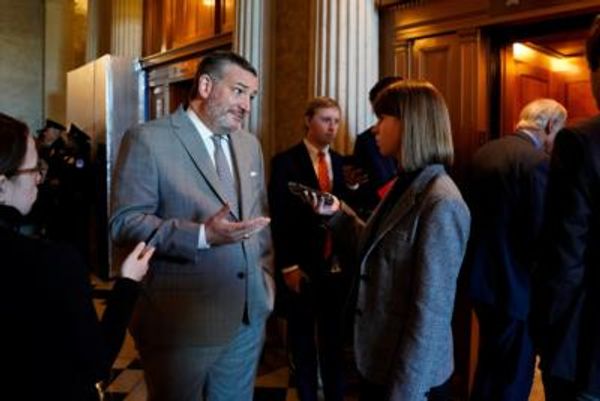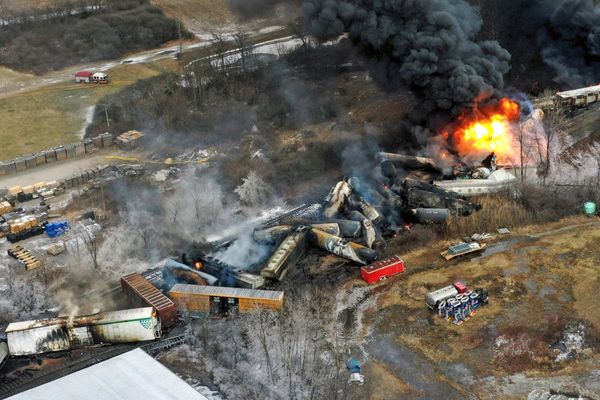
The approach born from the 2011 floods in Australia could help with the rebuilding, recovery and reconnection of disaster-affected communities here
Opinion: I had quite a reaction to my reflections in last week’s column on the use of the word ‘unprecedented’ every time a significant event occurs. Whether floods, fires, earthquakes, it seems to be the go-to word when the authorities don’t quite know what to do, and of course it then becomes an excuse for them to make it up as they go along.
People will flippantly say they’re building the plane as they are learning to fly, as if a clever phrase like that would protect them from the consequences of such an approach. It simply isn’t good enough.
READ MORE:
* Now is the time to re-think EQC
* The Auckland floods are a sign of things to come
* EQC isn’t Canterbury’s problem, it’s everyone’s
We have been through enough to know more than we apparently do when confronted with significant events. I cannot fathom why governments compel themselves to reinvent the wheel over and over again. Why can’t we learn the lessons of past experience and why can’t we embed those lessons into practice?
Anyway, I seemed to have hit a nerve with many people who are apparently as frustrated as I am that we can’t seem to get this right. As one said, unprecedented does not mean unforeseen. And it does seem to be used as a diversion from questions about why we were not better prepared.
It was apparent to me that our Australian neighbours came up with a much better recovery model than the Canterbury Earthquake Recovery Authority (despite its name, a government department) could ever be. The lines of accountability here were wrong and the scrutiny was negligible
Maybe we should ban the use of the word unprecedented for a while. Maybe then, the authorities could look for precedents and ask what they could learn from them.
Instead of saying this is unprecedented, they could say we haven’t had to deal with anything of this scale here before, so we will be picking up some advice from colleagues in other places that have.
I will never forget walking into the office of the Queensland Reconstruction Authority in 2011 just a few months after their floods and our earthquake.
Communication, communication, communication
I was struck by the three simple messages I was given by the authority chair, Major General Mick Slater: communication, communication, communication.
That’s what he said they had been told by the Victoria Bushfire Reconstruction and Recovery Authority, who felt it was important to share their lessons learned.
There were two messages in that statement – the importance of communication and of reaching out to help others with the knowledge you have gained.
The authority gave me a presentation that explained how they had approached the recovery effort, which involved communities within 72 individual council areas. This was a massive event.
The authority was guided by a set of principles, starting with the statement that people were the highest priority. Decisions were required to be made at the most relevant level, recognising that community-led processes are a significant factor in successful community recovery, reconnection and rebuilding.
Operation Queenslander was a significant strategic planning framework that brought it all together.
It was apparent to me that our Australian neighbours came up with a much better recovery model than the Canterbury Earthquake Recovery Authority (despite its name, a government department) could ever be. The lines of accountability here were wrong and the scrutiny was negligible.
But leaving that aside, why couldn’t we follow the Queensland Reconstruction Authority model today in the different regions affected by these severe weather events?
Looking through the presentation they gave 12 years ago, it seems to me that such an approach could give reassurance to the government, the regions, the councils, mana whenua, and the affected communities. And more importantly it is still in place today working on rebuilding, recovering and reconnecting disaster-affected communities; building capacity in recovery and resilience through expert leadership and partnerships; and getting ready, reducing risk and building resilience. It is there in good times and in bad.
And they don’t have to start with a clean sheet of paper every time disaster strikes, and they have an infrastructure agency taking on the big projects across the region. We should think about that.
The more I think about it, the more I am convinced the use of 'unprecedented' is a lazy one. It’s an excuse not to listen to the lessons we have learned and the experiences of others.
Quake-stickered hotels
I am sure this is preying on my mind as I return to the capital this week, which brings me back to the earthquake-prone buildings that were the subject of my ‘unprecedented’ comments last week.
I was pleased that the column led people to remind me that I had omitted mentioning the changes that were made in Wellington to require unreinforced masonry parapets and facades to be tied back after the Hurunui Kaikōura earthquake.
Interestingly, this reinforced my point, which is that we didn’t learn the lessons of the Hawkes Bay or Canterbury earthquakes. It took another earthquake in 2016 to prompt the need to act on these particularly dangerous elements. But the call for action was not led by the authorities, but by engineering societies – the practitioners who identified the risks we were being exposed to.
And, although this temporary fix addresses some of the urgent risks, these priority earthquake-prone buildings remain at only up to 34 percent of the New Building Standard, which according to the government’s own information means the building is 10 to 25 times more likely to fail than one built to 100 percent New Building Standard.
In my view this is no reason to breathe a sigh of relief and say job done.
There is something demoralising about having to relearn these lessons every time something happens.
I’m hoping that won’t be the case for at least a while. But to be on the safe side, I’ve chosen a hotel in Wellington this week that doesn't have an earthquake-prone building sticker.







